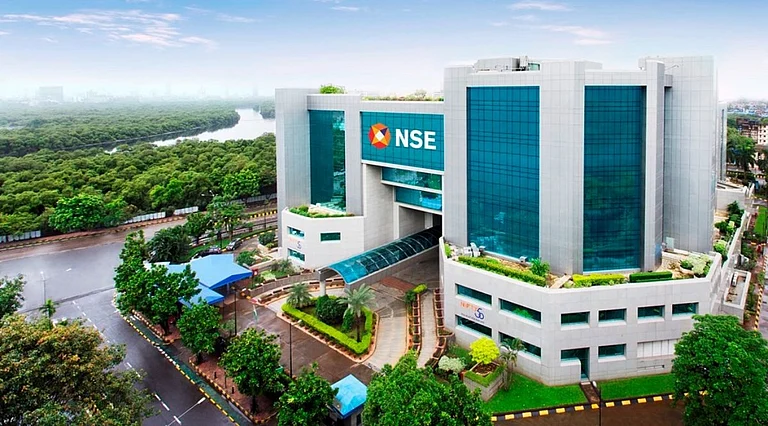Infrastructure is arguably the most important sector of the Indian economy. Besides employing a large number of people and contributing significantly to the GDP, the sector also acts as the lifeline of the economy. Strong infrastructure has a multiplier effect on all other sectors. In the coming union budget, the central focus could really be infrastructure and we are expecting some significant announcements. The current flagship programs also may see a greater push by incremental budgetary allocations.
Increased spending in the sector
Being a labour-intensive sector, it was the worst affected by the pandemic and subsequent migrant labour exodus. Projects were stuck, raw material wasted, and cost mounted. After the gradual unlocking, things are progressively coming to normal. However, the sector is yet to reach the pre-COVID level of activity and productivity. One of the most important expectations from the budget is increased spending on infrastructure. The National Infrastructure Pipeline (NIP) has envisaged government investment to the tune of Rs 100 lakh crore in infrastructure projects by 2025. The key factor will expedite the actual fund allocation in the coming years. The existing flagship programs such as Smart Cities, Jal Jeevan Mission (JJM), and PMAY will be expecting higher allocations and plan to complete the ongoing projects with a shorter time span, as there have already been certain delays due to the pandemic.
Measures for real estate
The real estate sector is one of the most significant components of urban infrastructure. The sector has been constantly demanding to be given industry status. It will ease the access to finance which is much needed for the actual delivery of projects. The real estate sector also needs direct policy support from the measures such as bringing back the input tax credit in GST; waiver in GST for under-construction projects and higher tax-benefit slabs for the buyers. Also, there is a requirement of another fund as SWAMIH funds-II which should be state centric and where-in state institutions can contribute 50% of capital. This should have the regional offices in respective states to fund only projects in Tier 2 and 3 cities, which are untouched to date, under the current fund. If met, all these will serve as measures to push the demand in the real estate sector and ease the financial crunch. It should be considered that real estate has a direct impact on the allied sectors such as cement & steel.
Easing the fundraising norms
Infra projects require huge amounts of capital and have long gestation periods. The sector is also strongly regulated and has strict laws for fund raising. This often leads to liquidity crunch and delay in finance. The infrastructure sector expects the government to ease fundraising norms and implement alternative investment funds.
Policy Measures
Schemes such as Viability Funding Gap (VFG) for facilitating financial support for implementing PPP projects, Production-Linked Incentive (PLI) to boost local manufacturing and reduce import, etc should be properly monitored and funds should be released accordingly to reduce the cost overrun of projects. The provisions of central-clearance on all approvals can also be looked into. This will remove operational hurdles that delay project delivery.
This budget is coming at a time when India is preparing itself to host the G20 summit in 2023 and looking forward to regaining its position as the fastest-growing economy in the world post-pandemic. Budget 2021 has the potential to push India into a decade of growth and development driven by world-class infrastructure.
The author is CMD of Rudrabhishek Enterprises
DISCLAIMER: Views expressed are the authors' own, and Outlook Money does not necessarily subscribe to them. Outlook Money shall not be responsible for any damage caused to any person/organisation directly or indirectly.


























